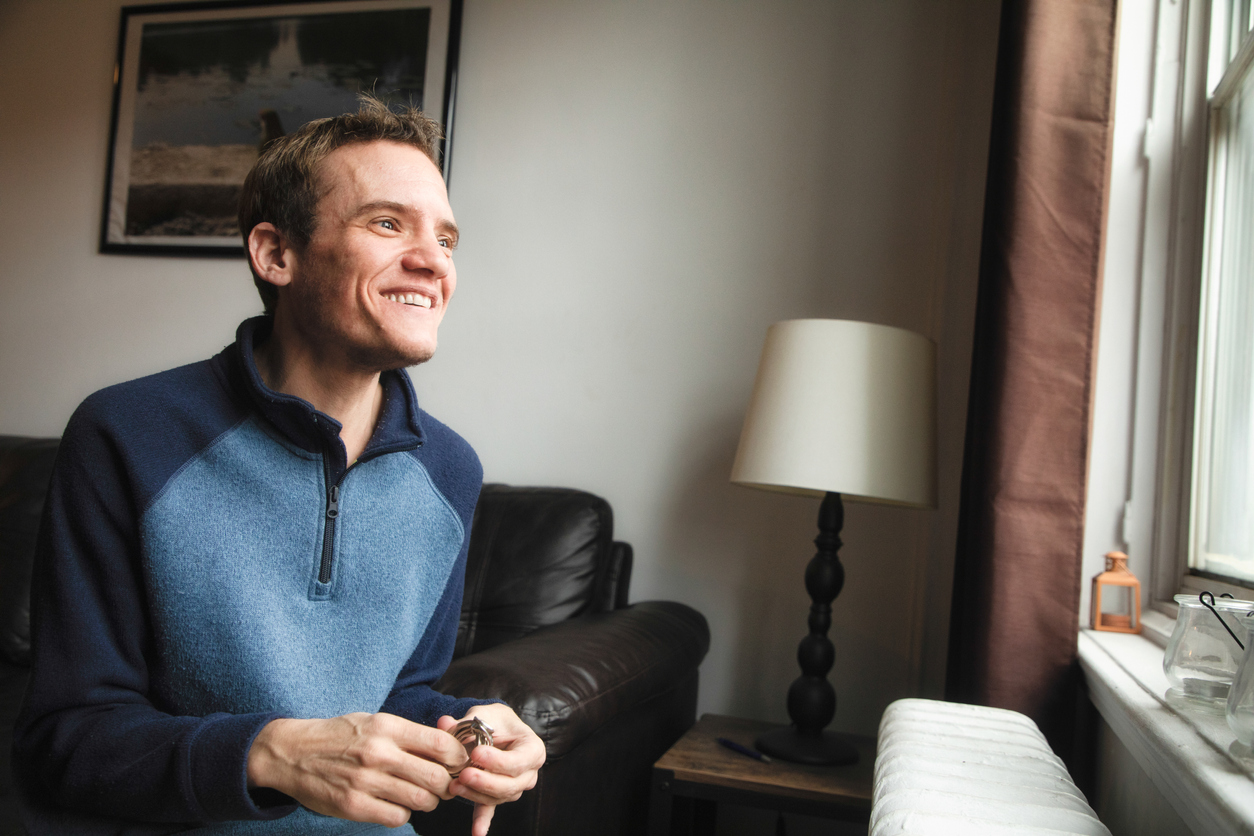Is autism part of your story?
We have met many adults who wonder if autism is part of their life story. They often felt “different” growing up, viewed the world in unique ways, spent considerable time and energy “masking”or hiding their differences in order to fit in, and feeling isolated or misunderstood. Many of the same adults have experienced overwhelming sensory issues, anxiety, depression, trauma or rejection from their peers, teachers, employers, or partners.They have often struggled at work, in college, with relationships, or living independently. Adults seeking autism assessment may have been mislabeled or misdiagnosed as children.
Is autism part of your story?
We have met many adults who wonder if autism is part of their life story. They often felt “different” growing up, viewed the world in unique ways, spent considerable time and energy “masking”or hiding their differences in order to fit in, and feeling isolated or misunderstood. Many of the same adults have experienced overwhelming sensory issues, anxiety, depression, trauma or rejection from their peers, teachers, employers, or partners.They have often struggled at work, in college, with relationships, or living independently. Adults seeking autism assessment may have been mislabeled or misdiagnosed as children.

Many adults find relief in clarity. A formal diagnosis may answer lifelong questions or help pave a path forward. With or without a diagnosis, the process can help the individual understand their strengths and abilities, as well as their challenges. It provides an opportunity to ask questions, develop next steps, and plan for the future.
An autism diagnosis may also enable the individual to access important resources, such as insurance coverage for different therapies, work or employment support, and college or university accommodations.
Self exploration is a lifelong journey. It is never too late to explore the complexities of your personality and experiences. In addition to personal growth and discovery, an assessment may grant you access to different services and mental health therapy even without a diagnosis of autism. After an evaluation, a number of recommendations will be offered.
Many adults are able to access different types of support at work or school by providing documentation. An adult with a formal diagnosis may be eligible for support and protection under the Americans with Disabilities Act (ADA) https://www.ada.gov/.
The term “neurodiversity” describes those who think, behave, and learn differently to what is traditionally thought of as “typical” in society. Being neurodivergent should be celebrated as a difference in processing the world around us, rather than a deficit. For more information click here.
Masking can be thought of as a “social survival skill” whereby individuals camouflage their autistic characteristics in order to pass as “neurotypical.” Whatever the reasons may be, the autistic person may have to invest a lot of time and energy to hide their differences and act naturally. Camouflaging may impact diagnosis, quality of life, and long-term outcomes, and is thought to be more common in women than men.
Of course. Please reach out and we can talk about the process and answer any questions you may have.
We understand that neurodiverse or neurodivergent individuals may be reluctant to seek help. It can be scary, and thus it is critical that we provide a sensitive and supportive virtual assessment experience.
You will find that our process is collaborative and that we are here to listen to your story. Your comfort through the process is our priority and our goal is to help you understand your neuro-differences as something to be embraced.

